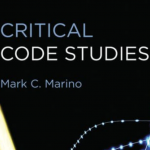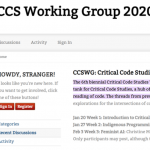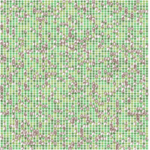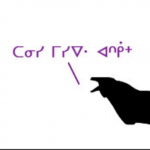electropoetics
TL;DR: Lessons from CCSWG 2020

Mark C. Marino and Jeremy Douglass discuss the field of Critical Code Studies (CCS) and introduce three reports about the discussions of the CCS Working Group 2020.
Introduction to Critical Code Studies Working Group

Jeremy Douglass and Mark C. Marino reflect on the activities of the Critical Code Studies (CCS) Working Group 2020.
Week One: Introduction to Critical Code Studies

Meredith Finkelstein surveys key methodological aims of CCS, and considers the ways attending to code can enrich understanding of digital works, looking specifically at digital artist and programmer Eugenio Tisselli’s code for Amazon.html
Week Two: Indigenous Programming

Kalila Shapiro discusses the problematic supremacy of English in global programming, and explores ways that Indigenous programming languages, including Jon Corbett’s Cree#, have sought to break down this “cultural coding barrier”
Week Three: Feminist AI

Patricia Silva explores the impact of Google’s Search algorithm on BIPOC and queer cultures and highlights the iconoclastic work of the Feminist.AI collective, a community of academics, artists, and designers who seek to empower people with ethical ways to store, use, and search information.